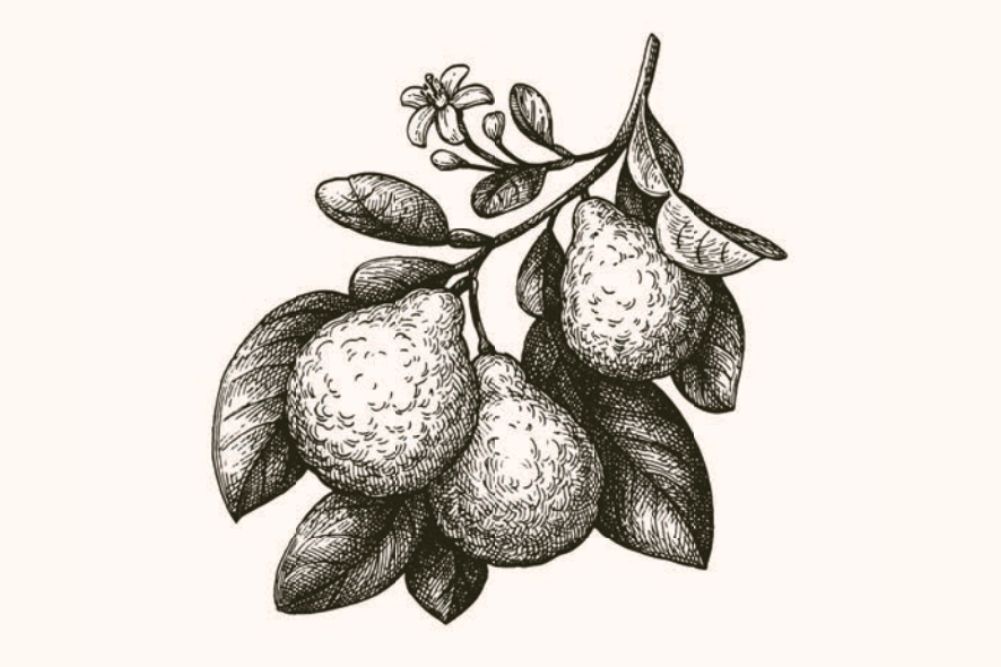How to make your salad more nutritious
Salads are great when you are watching your weight or looking to eat a nutritious and healthy meal. But it’s the dressing full of oil which we add in our salad that tips the scale against our weight managing efforts.
A new study from Iowa State University recently published results of a study which may help dieters and weight watchers feel less guilty about adding dressing to their salads.
The study found that absorption of nutrients was proportional to the amount of oil added – more oil resulted in more absorption.
The researchers found that eating salad with added fat in the form of soybean oil promotes the absorption of eight different micronutrients which promotes health. However, consuming salad without oils results in the body absorbing fewer nutrients having the opposite effect on our health.
For this study 12 college age women were asked to consume salads with various levels of soybean oil as this is a common ingredient in commercial salad dressings.
The participants then had they blood tested to measure the absorption of nutrients.
Women were chosen for this trial as there is a difference between men and women and the speed with which they metabolise the nutrients.
The results showed that they was maximum nutrient absorption with 32 grams of oil which was the highest amount studied and equivalent to two tablespoons of oil.
The study found that absorption of nutrients was proportional to the amount of oil added – more oil resulted in more absorption.
The researchers found that added oil resulted in the absorption of seven different micronutrients in salad vegetables. Those nutrients include four carotenoids — alpha and beta carotene, lutein and lycopene — two forms of vitamin E and vitamin K. The oil also aided in the absorption of vitamin A, the eight micronutrient tracked in the study, which is formed in the intestine from alpha and beta carotene.
A tablespoon or two of oil consumed with your salad will benefit you by deriving the most nutrients from your salad making it a great option with your salads without feeling guilty.
After all, it is helping you immensely by making vegetables even more nutritious.
Source: The American Journal of Clinical Nutrition








